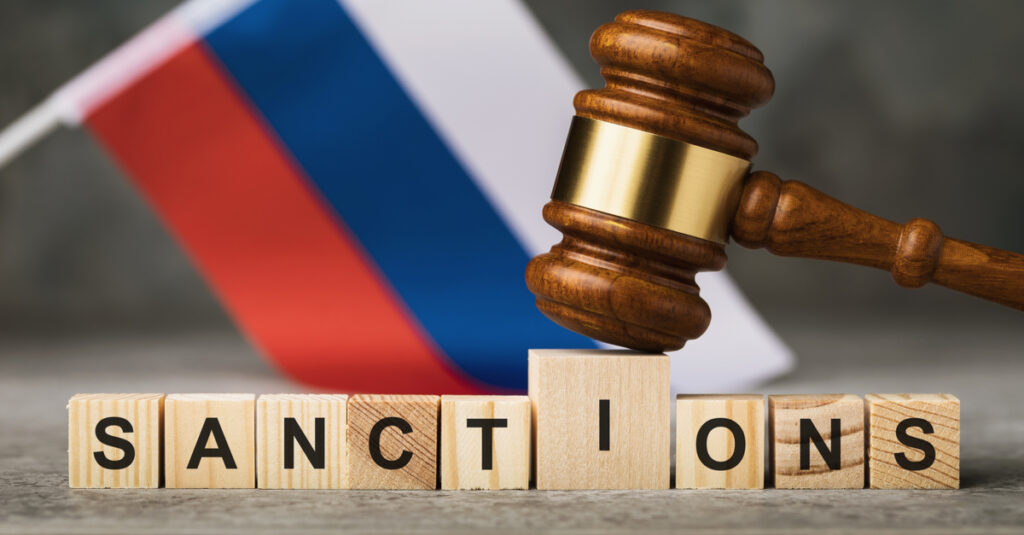The European Union has adopted its 15th sanctions package against Russia, intensifying measures in response to Moscow’s ongoing war in Ukraine. The latest package, announced on Monday, includes significant actions targeting Russia’s shadow fleet and Chinese entities allegedly aiding Russia’s military.
The sanctions blacklist 52 additional vessels from the shadow fleet, bringing the total to 79. These ships have been accused of bypassing Western restrictions to transport oil, weapons, and grain. Notably, some of these vessels were linked to deliveries of North Korean ammunition to Russia, heightening concerns about global compliance.
For the first time, the EU’s sanctions impose full-fledged measures on Chinese entities, going beyond export controls. The sanctions target seven Chinese individuals and companies, including four entities accused of supplying microelectronics and drone components to the Russian military. A travel ban and asset freeze accompany these sanctions, signaling the EU’s firm stance on China’s alleged role in circumventing restrictions. “This step sends a strong signal to the Chinese,” said an EU diplomat.
The new package also targets senior managers in Russia’s energy sector, two North Korean officials, and entities across multiple countries, including India, Iran, Serbia, and the UAE. These measures aim to disrupt supply chains supporting Russian military operations.
Additionally, financial measures have been introduced to assist EU securities depositories, such as Belgium’s Euroclear, in handling Russia’s immobilized central bank assets. This ties into a G7 initiative to utilize over $300 billion in frozen Russian funds to support a $50 billion loan for Ukraine’s defense efforts.
This comprehensive sanctions package reflects the EU’s commitment to sustaining pressure on Russia while addressing international networks aiding its war efforts.



